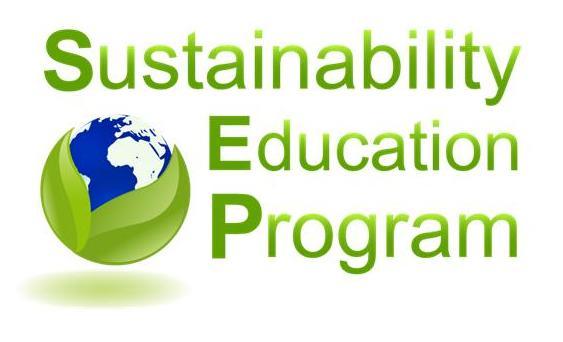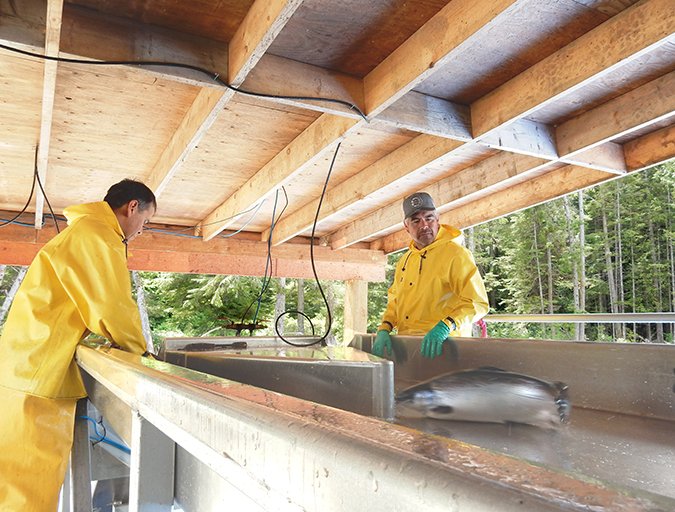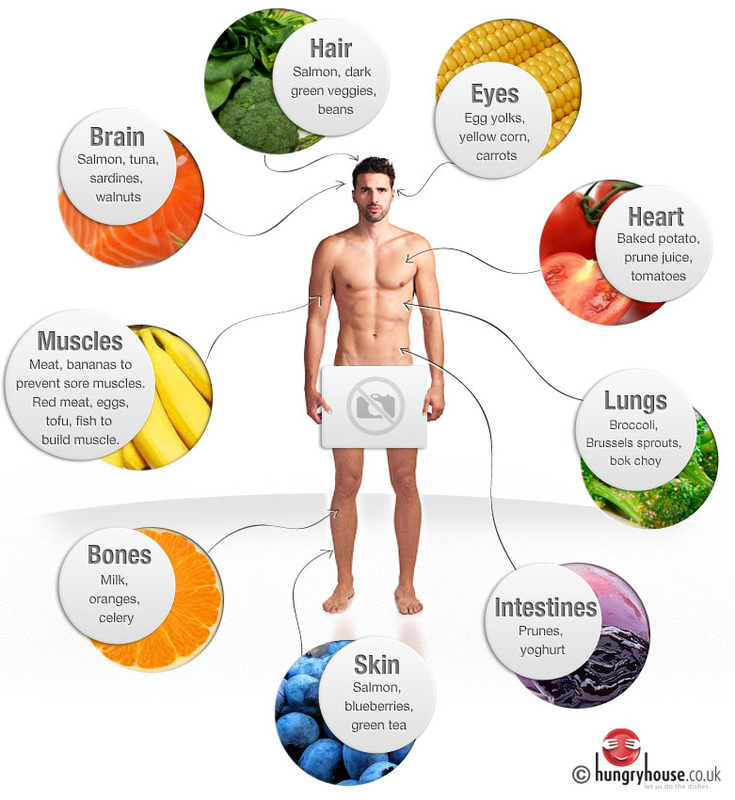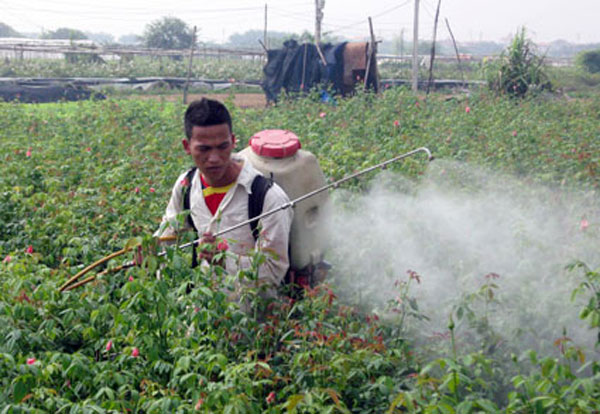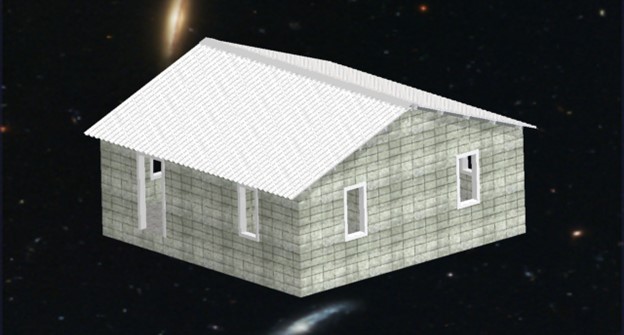Eco-Sustainability: A Revolution in Education
By Tony Pereira, UCLA ME PhD To see a world in a grain of sand and heaven in a wild flower. Hold infinity in the palms of your hand and eternity in an hour. —William Blake If a grain of sand was all that was needed, our species would likely be sustainable forever. However, we humans require quite a bit more from…

